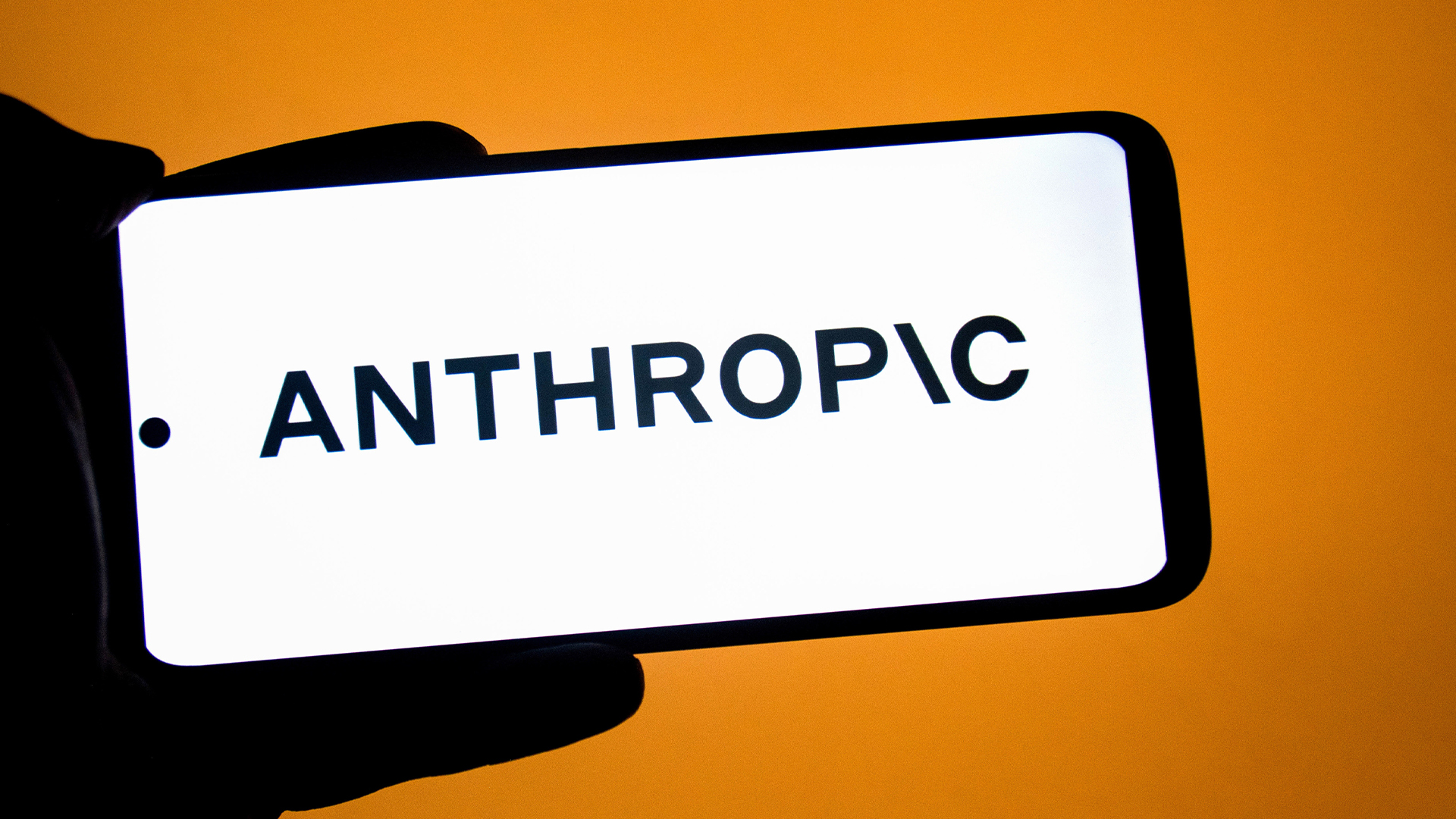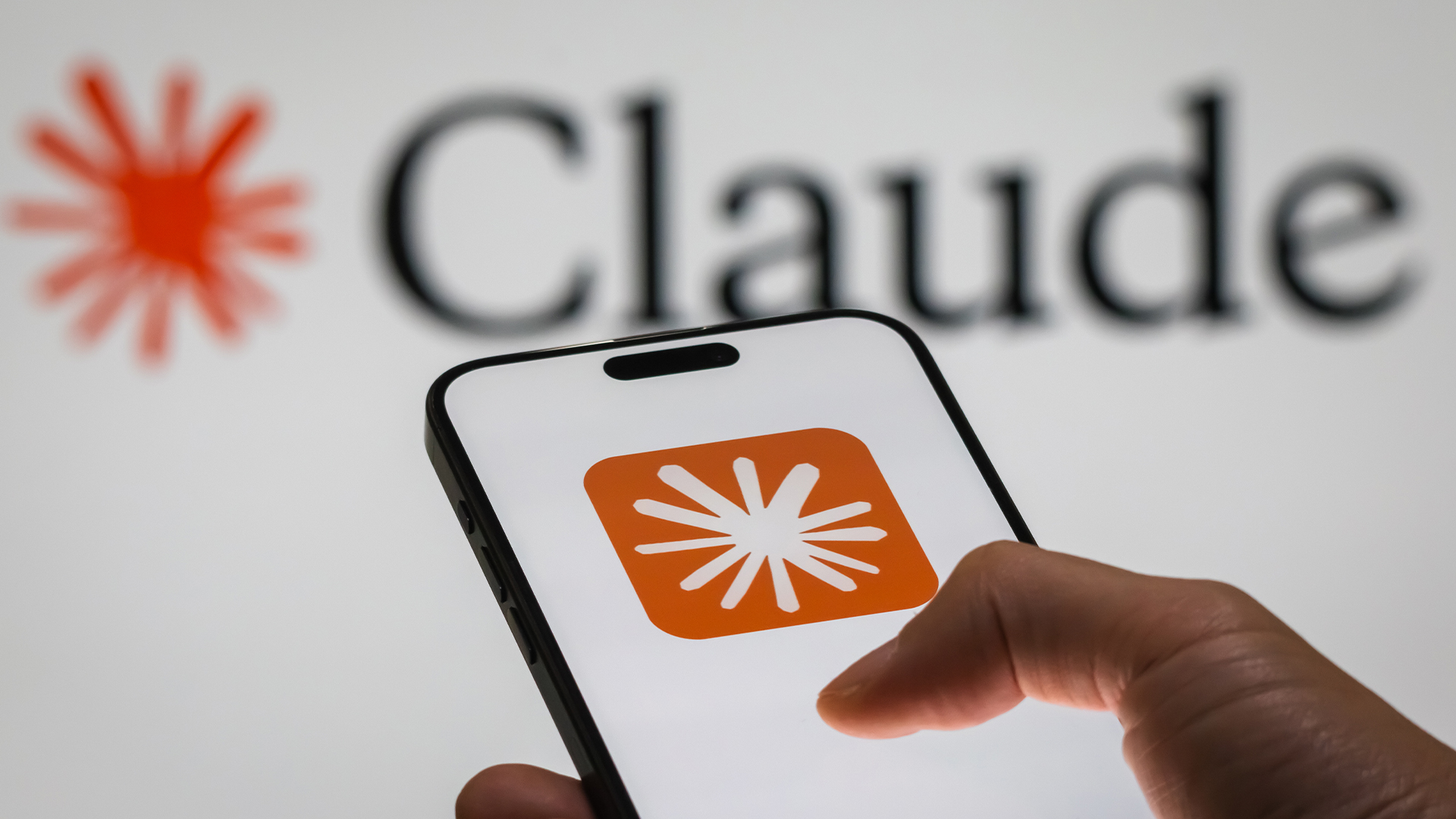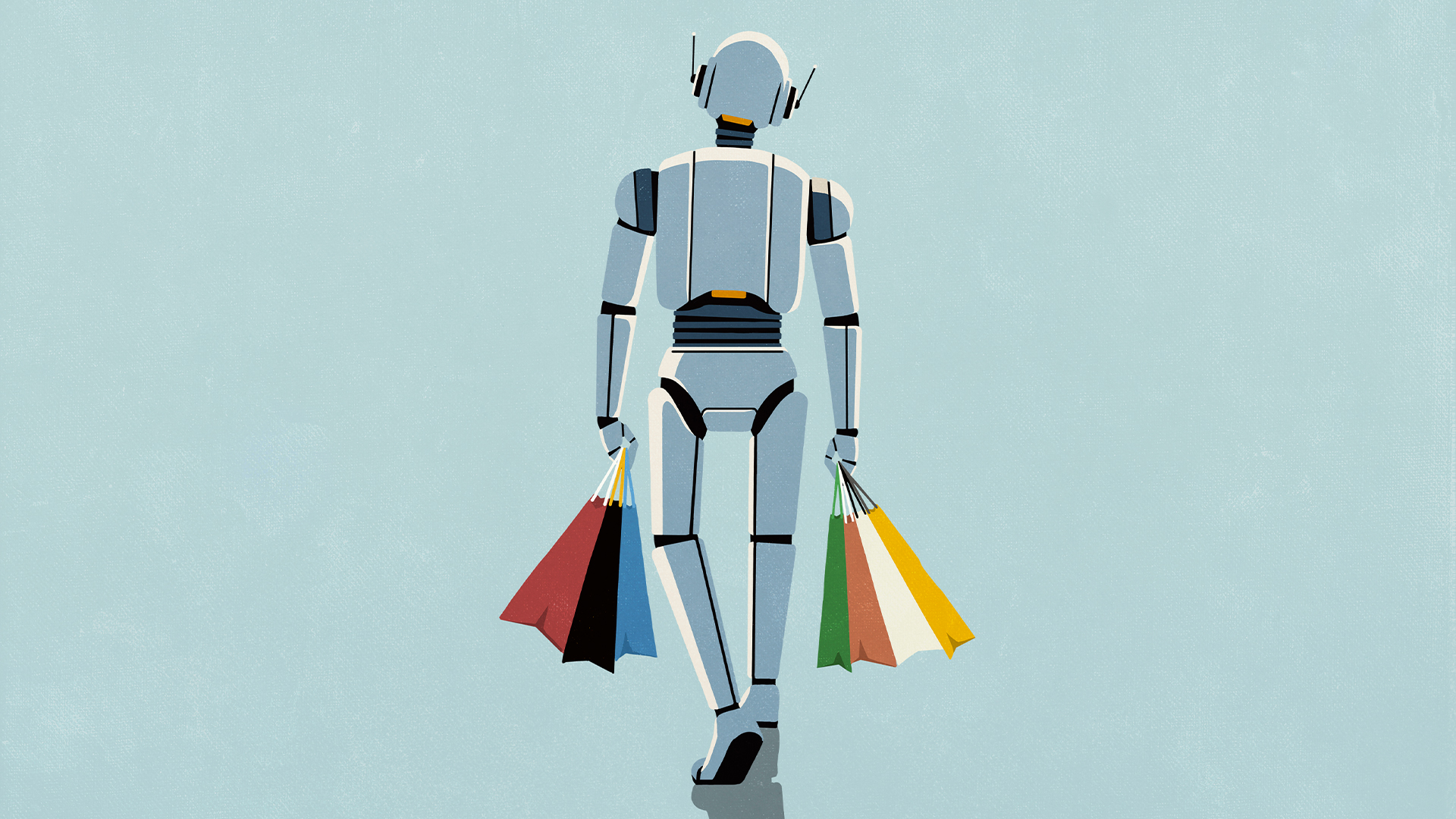‘I don’t think this is on people’s radar’: AI could wipe out half of entry-level jobs in the next five years – and Anthropic CEO Dario Amodei thinks we're all burying our heads in the sand
With AI set to hit entry-level jobs especially, some industry execs say clear warning signs are being ignored


Graduates entering the workforce face an array of challenges at the best of times, but with the generative AI boom continuing, the technology poses an even bigger threat.
SignalFire’s 2025 State of Talent report found hiring trends point toward a reduction in tech companies hiring recent college grads across 2024 - significantly less than in the year prior.
That’s not to suggest they’re just not interested in bringing on new staff, however, as many are now focusing on hiring more experienced professionals across a range of areas. But SignalFire said a confluence of budgetary constraints and growing AI capabilities means they’re overlooking those entering the workforce.
“As budgets tighten and AI capabilities increase, companies are reducing their investment in new grad opportunities,” the VC firm said. Citing data from the Federal Reserve Bank of New York, the company noted that the unemployment rate for new college graduates has surged 30% since September 2022.
Simply put, young graduates entering the workforce now face a double whammy of challenging macroeconomic conditions and the fact that employers are trying to automate roles their predecessors walked into less than a decade ago.
SignalFire isn’t the first to highlight the threat AI poses to entry-level jobs. Indeed, LinkedIn’s chief economic opportunity officer, Aneesh Raman, voiced concerns about this trend in a recent op-ed for the New York Times.
Raman noted that the current paradigm shift in the labor market bears similarities to the sharp decline in manufacturing jobs witnessed in the US during the 1980s.
Sign up today and you will receive a free copy of our Future Focus 2025 report - the leading guidance on AI, cybersecurity and other IT challenges as per 700+ senior executives
“Now it is our office workers who are staring down the same kind of technological and economic disruption,” he wrote. Raman added that the “bottom rung of the career ladder” will be among the first to be impacted by this rapid shift.
Dario Amodei says the quiet part out loud
The messaging from big tech figures on the topic of AI job losses - or the lack of jobs due to the adoption of the technology - has been a mixed bag in recent months.
Some, like Mark Zuckerberg, have gone so far as to suggest that certain roles will be rendered obsolete entirely - particularly entry-level software engineering roles, for example.
Devs entering the workforce now face an environment where AI coding tools are capable of carrying out simple tasks they typically would’ve been assigned during the early stages of their careers.
Very few tech leaders have articulated exactly what will happen to the labor market if AI continues to take jobs. Instead, they choose to promote the technology as a way to enable workers to focus on the more ‘rewarding’ and ‘valuable’ aspects of their roles.
Exactly what this entails for the majority of workers is still unclear. Previous research on this looking at software development showed those using AI tools shifted their attention to other tasks.
But that’s just one specific industry example - the influx of AI is occurring across a range of industries and professions.
Some big tech figures have taken a more upfront approach to the topic. Anthropic CEO Dario Amodei, for example, recently told Axios that he too believes AI will heavily impact white collar entry-level roles - nearly half, he warned.
Amodei told the publication that both AI providers and the government alike need to stop “sugar-coating” the inevitable wave of job losses across a wide array of industries.
“We, as the producers of this technology, have a duty and an obligation to be honest about what is coming,” he told Axios. “I don’t think this is on people’s radar.”
“It’s a very strange set of dynamics where we’re saying ‘you should be worried about where the technology we’re building is going’.”
Amodei noted that skeptics naturally push back on this, largely due to the fact they think it’s a marketing ploy from providers that have a vested interest in hyping up their own solutions.
Notably, Amodei’s comments came the week after the company unveiled new iterations of its Claude AI model range. These powerful new models have been touted as a game changer for developers and represent a vast improvement on previous versions.
MORE FROM ITPRO
- More than a third of UK tech leaders admit they’ve cut staff in favor of AI – but now they regret making hasty redundancies
- Workforce upskilling key to averting AI job loss 'apocalypse'
- Microsoft CEO Satya Nadella joins Google’s Sundar Pichai in revealing the scale of AI-generated code at the tech giants

Ross Kelly is ITPro's News & Analysis Editor, responsible for leading the brand's news output and in-depth reporting on the latest stories from across the business technology landscape. Ross was previously a Staff Writer, during which time he developed a keen interest in cyber security, business leadership, and emerging technologies.
He graduated from Edinburgh Napier University in 2016 with a BA (Hons) in Journalism, and joined ITPro in 2022 after four years working in technology conference research.
For news pitches, you can contact Ross at ross.kelly@futurenet.com, or on Twitter and LinkedIn.
-
 Microsoft unveils Maia 200 accelerator, claiming better performance per dollar than Amazon and Google
Microsoft unveils Maia 200 accelerator, claiming better performance per dollar than Amazon and GoogleNews The launch of Microsoft’s second-generation silicon solidifies its mission to scale AI workloads and directly control more of its infrastructure
-
 Infosys expands Swiss footprint with new Zurich office
Infosys expands Swiss footprint with new Zurich officeNews The firm has relocated its Swiss headquarters to support partners delivering AI-led digital transformation
-
 Half of agentic AI projects are still stuck at the pilot stage – but that’s not stopping enterprises from ramping up investment
Half of agentic AI projects are still stuck at the pilot stage – but that’s not stopping enterprises from ramping up investmentNews Organizations are stymied by issues with security, privacy, and compliance, as well as the technical challenges of managing agents at scale
-
 What Anthropic's constitution changes mean for the future of Claude
What Anthropic's constitution changes mean for the future of ClaudeNews The developer debates AI consciousness while trying to make Claude chatbot behave better
-
 Satya Nadella says a 'telltale sign' of an AI bubble is if it only benefits tech companies – but the technology is now having a huge impact in a range of industries
Satya Nadella says a 'telltale sign' of an AI bubble is if it only benefits tech companies – but the technology is now having a huge impact in a range of industriesNews Microsoft CEO Satya Nadella appears confident that the AI market isn’t in the midst of a bubble, but warned widespread adoption outside of the technology industry will be key to calming concerns.
-
 DeepSeek rocked Silicon Valley in January 2025 – one year on it looks set to shake things up again with a powerful new model release
DeepSeek rocked Silicon Valley in January 2025 – one year on it looks set to shake things up again with a powerful new model releaseAnalysis The Chinese AI company sent Silicon Valley into meltdown last year and it could rock the boat again with an upcoming model
-
 Workers are wasting half a day each week fixing AI ‘workslop’
Workers are wasting half a day each week fixing AI ‘workslop’News Better staff training and understanding of the technology is needed to cut down on AI workslop
-
 Anthropic’s Claude AI chatbot is down as company confirms ‘elevated error rates’ for Opus 4.5 and Sonnet 4.5
Anthropic’s Claude AI chatbot is down as company confirms ‘elevated error rates’ for Opus 4.5 and Sonnet 4.5News Users of Anthropic's Sonnet 4.5 and Opus 4.5 models are being met with "elevated error rates"
-
 Everything you need to know about Claude Cowork, including features, pricing, and how to access the new productivity tool
Everything you need to know about Claude Cowork, including features, pricing, and how to access the new productivity toolNews Users can give Claude Cowork access to specific folders on their computer, allowing the bot to autonomously sort and organize files in the background while you're working away.
-
 Retailers are turning to AI to streamline supply chains and customer experience – and open source options are proving highly popular
Retailers are turning to AI to streamline supply chains and customer experience – and open source options are proving highly popularNews Companies are moving AI projects from pilot to production across the board, with a focus on open-source models and software, as well as agentic and physical AI